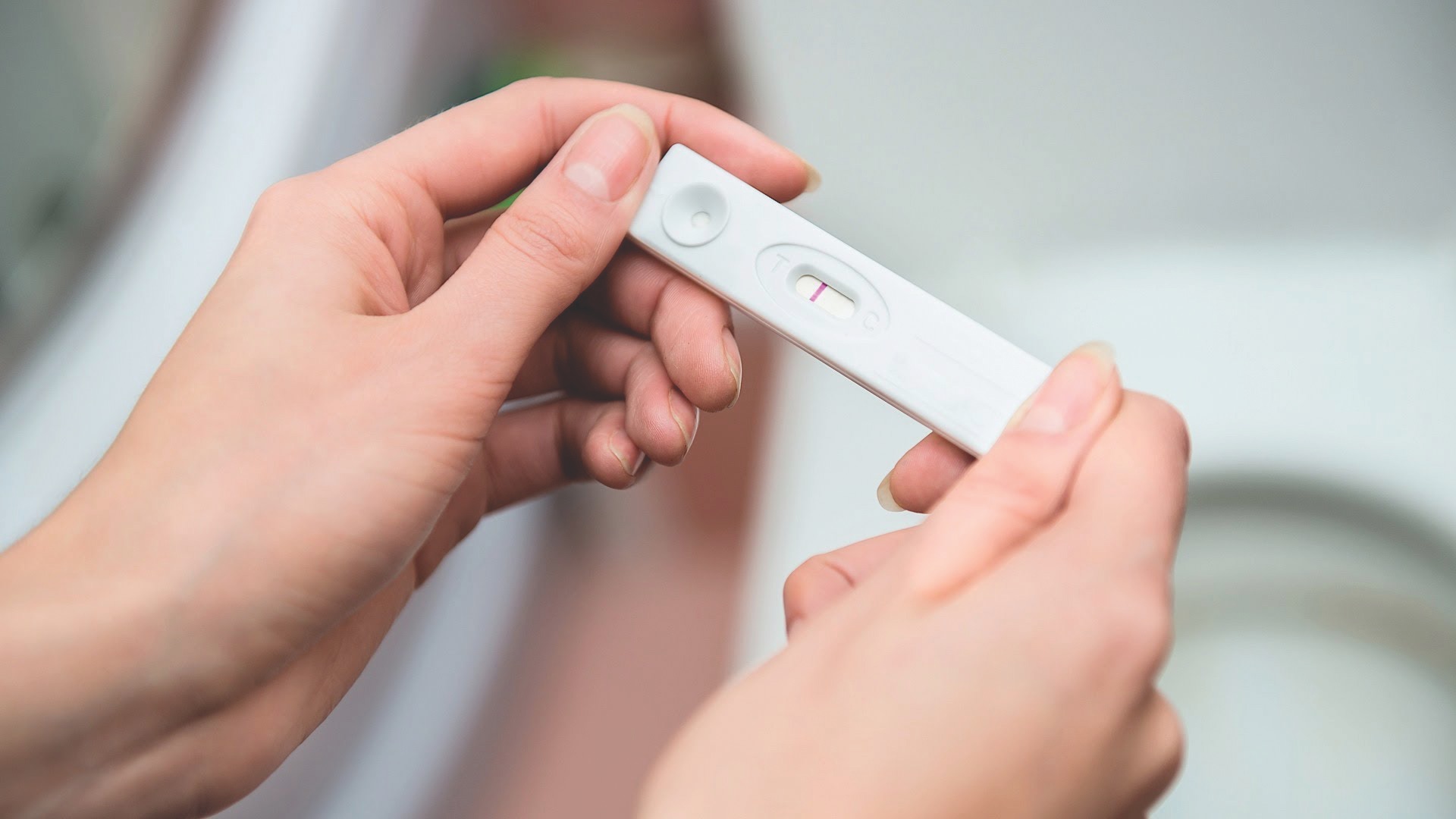
For people who struggle with infertility, questions such as “when are you starting a family?” aren’t just irritating, they’re painful.
“The Jewish community today is family oriented,” said Amy Idit Solomon, founder and CEO of the Jewish infertility support organization Hasidah. “Every Jewish demographic study focuses on youth, marriage and raising the kids. Having the kids gets overlooked.”
“One in eight people — regardless of religion, socioeconomic level or geography — are dealing with infertility. That’s one in eight synagogue seats.”” said Gila Block Muskin, co-founder of Yesh Tikva, a Jewish fertility community whose name translates as “there is hope.”
Muskin experienced infertility firsthand. Three years into her personal journey with fertility issues, she realized she had nowhere to turn for emotional support. Well-meaning people, unaware of her struggle, would ask how many children she had. Others would tell her about friends who had conquered infertility, saying “don’t worry, you will too.”
“Only God knows and none of us are God, so none of us can say that to someone,” Muskin said.
She co-founded Yesh Tikva in 2015, starting with a Los Angeles support group. At the “Yesh Tikva Infertility Awareness Shabbat” on March 17, 185 synagogues participated across the U.S., Canada, Israel and Australia, using Yesh Tikva’s resources and printed materials, reaching an estimated 50,000 people, Muskin said. She hopes to expand the program and partnerships “so it’s something that every synagogue joins together to create.”
“[This] struggle bumps up against the communal experiences we all share — those around the Jewish home and family — which makes it particularly isolating,” said Rabbanit Alissa Thomas Newborn of B’nai David-Judea, who facilitates Yesh Tikva’s infertility support group. Although it’s not the community’s intention, she added, “the ways we come together can nevertheless be isolating for a couple struggling with infertility.”
For example, at Temple Beth Am, Rabbi Hillary Chorny’s sermon included the image of strollers in synagogues as “unshakeable reminders of unfulfilled dreams.”
It’s not just women who need fertility support.
“It is a women’s issue, a men’s issue, a single person’s issue, an LGBTQ issue, a couples’ issue and a communal issue.” — Amy Idit Solomon
“It is a women’s issue, a men’s issue, a single person’s issue, an LGBTQ issue, a couples’ issue and a communal issue,” Solomon said.
Yesh Tikva has also convened a panel for young women on taking control of their own infertility.
At Kahal Joseph Congregation in Westwood, Rabbi Raif Melhado drew from Yesh Tikva materials and “our own experience with infertility” in creating his sermon, said Jessica C. Melhado, his wife and the synagogue’s program director.
“Talking about it, helping people understand the issues better, all of that can ease it, as can the sense of not being alone,” Melhado said.
Muskin said sensitivity is about “thinking before you speak and just listening without trying to fix other people’s problems.” She said it also helps to admit you don’t know what to say, or to say ‘I want to support you. Please let me know what that looks like.’
“The obligation for sensitivity rests on each individual,” said Rabbi Yonah Bookstein of Pico Shul, who has worked with many couples struggling with infertility. “If we are aware and conscientious, we can avoid hurting others.”
“Nobody ever conceived a child because they were asked, ‘Nu, when are you having a baby?’ ” Solomon said. “Stop asking.”






















 More news and opinions than at a Shabbat dinner, right in your inbox.
More news and opinions than at a Shabbat dinner, right in your inbox.